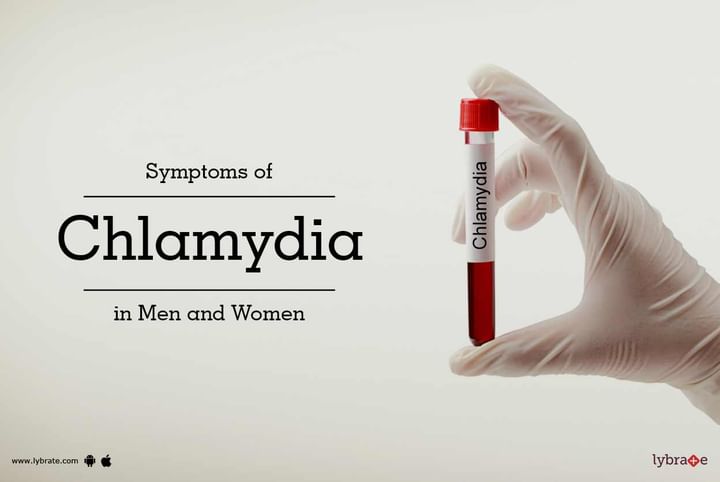Symptoms of Chlamydia in Men and Women
Chlamydia is one of the most common STD. It is a bacterial infection, caused by Chlamydia trachomatis. Occurring in both males and females, it can be transmitted via oral, genital, or anal sex. it has been dubbed as silent infection, as the affected person hardly ever presents with symptoms. It is extremely common though about 1 in 20 females in the age group of 15 to 25 can be affected. The disease, if left untreated, can cause severe reproductive issues including infertility in both males and females. Let us look at symptoms in men and women separately.
Men: About 50% of men infected with Chlamydia will go with no symptoms. It may take about 3 weeks for the symptoms to manifest and will include
- Small amounts of discharge from the penis
- Discomfort or pain with urination
- Painful, swollen, and inflamed testicles
- Burning and itching around the tip of the penis
Depending on the mode of transmission, the eyes, throat, and rectum can also be infected and there could be throat infection or conjunctivitis also.
If left untreated, Chlamydia can affect the sperm quality and lead to infertility in men in the long run.
Women: The infection is "silent" even in females and does not manifest itself with a lot of symptoms, only 30% of infected females present symptoms including:
- Abnormal, white or light yellow vaginal discharge
- Painful sex
- Bleeding or spotting in between regular periods
- Sometimes even bleeding during sex
- Burning or itching sensation around the vagina
- Severe abdominal discomfort
- Fever
In females, the infection usually travels up the urinary and reproductive tract. So, from vaginitis, it can lead to urinary tract infection, cervicitis, bartholinitis, and even pelvic inflammatory disease. If it reaches the fallopian tubes and/or the uterus, then the chances of fallopian tubes getting blocked is high. There can be scarring of the tubes and this can lead to infertility or ectopic pregnancy (pregnancy in areas other than the uterus, for example the fallopian tubes). This can be very dangerous and can be life-threatening situation too.
Pelvic inflammatory disease (PID) is a serious bacterial infection of the uterus and the fallopian tubes. Untreated Chlamydia infection often results in PID and requires antibiotics and bed rest.
Chlamydia infections have two negative sides to it, on one hand, it is difficult to detect given the absence of symptoms. On the other hand, there are serious implications leading to even fertility. It is therefore very important to prevent it. It is best to use a condom, especially with unknown partners; and in case of any doubt, one should get themselves tested and treated.



+1.svg)
